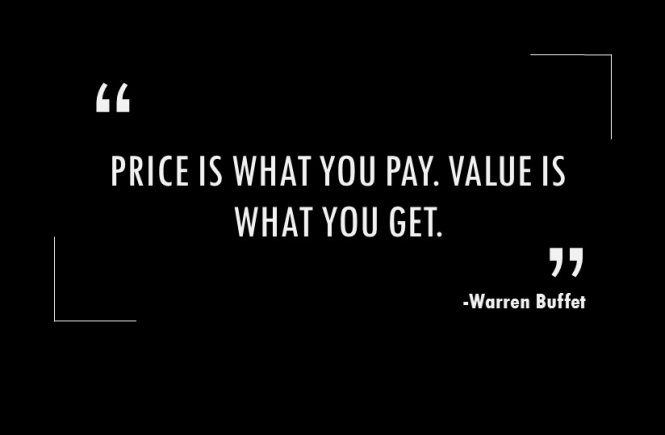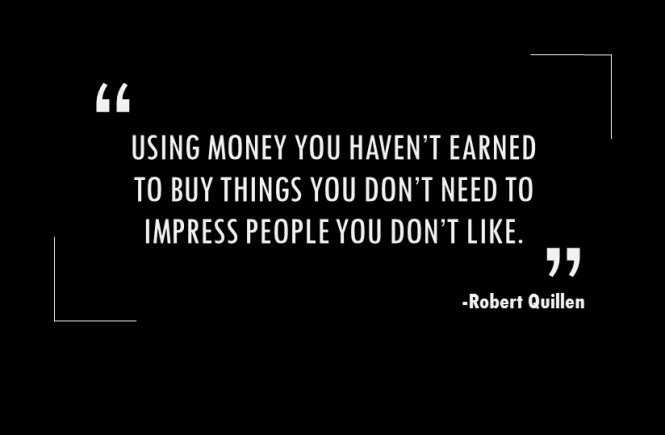I talk a lot about investing money in what adds value to your life. This quote very clearly emphasize that there is a difference between what you pay and what you get, and the difference can be quiet big. However, we cannot calculate a difference for each product that would apply for everyone because it is a very personal estimation. The value you get from what you buy is determined by what you value in life (makes sense, right?), and therefore the value will be different for each individual.
Often we don’t reflect over this when we go shopping, we mostly just think about “do I want this?” and “is the price reasonable to pay for this?” and the purchase we make is often based on what we feel in that moment. We simply don’t take our values into consideration on a deeper level because we haven’t spent the time to identify them and connect them to how and what we spend our money on.
Three examples of underlying values we pay for that we sometimes don’t think much about are:
Distance
Distance is a common aspect when it comes to supermarkets, and food is a big part of our lives so what we pay in the supermarket quickly adds up. If you’re not so lucky to live close to the cheaper supermarkets you might have to pay more for the same products to buy them in a closer, more expensive supermarket. Essentially, the extra you are paying is for the distance you don’t have to go to get to the cheaper supermarket. Personally I don’t value the distance, I prefer to spend some extra time and effort to get to the cheaper supermarket than paying more for my food. There was a time in my life where the only close supermarkets were the more expensive ones. I ended up going there the majority of the times, not because I valued the distance, but because I was lazy. For me I was wasting the money I had to pay extra for my food, but for another person who values the distance it would be an investment.
Brand
This is the category where the price range can be very wide depending on the brand. You can go all the way from the cheap no brand products to the very expensive high end products. Most brands increase the quality of the product as well but it is not guaranteed and it is also not in proportion to the increased price. When buying a product you can divide the price you’re paying into four parts. The first basic amount is for the product itself and its functionality, a small increase is for the quality (not always guaranteed to increase), third part is for the design, and the last part that can be more than half of the total price is for the brand itself. When we buy a product we need to reflect over in what proportions we value the functionality, quality, design, the brand itself and how much we’re willing to pay for each.
Comfort
Another common value we pay for is comfort. When travelling we might pay extra for a better seat, nice hotel and better locations.Travelling is an area we’re often very aware of what value we get from the money we pay. In everyday life we might not want to walk to the store so we pay for the gas taking the car. We don’t feel like cooking so we pay to eat out. In the modern society there are many comfortable alternatives we can attain through money and the time we save is also often added into the equation. We also tend to develop a lot of comfort habits which only requires small expenses but over time has a big influence on our budget. We might feel like the comfort is worth the money, but we need to ask ourselves, are we getting too comfortable?
These are just some examples of many aspects of what value you get when you pay for something and if the value is not the same as you value in life, you simply pay that part for nothing. All the mentioned aspects are very obvious when we read about them here like this, but how often do we think about how we spend our money in relation to the value we get while we are in the store? It is in our own best interest to only spend money on what we value and if we want to reduce our waste of money we need to identify this.




